
DIY Natural Toothpaste & Tooth Powder – Featuring Pearl Powder
A clean, effective way to care for your teeth, without
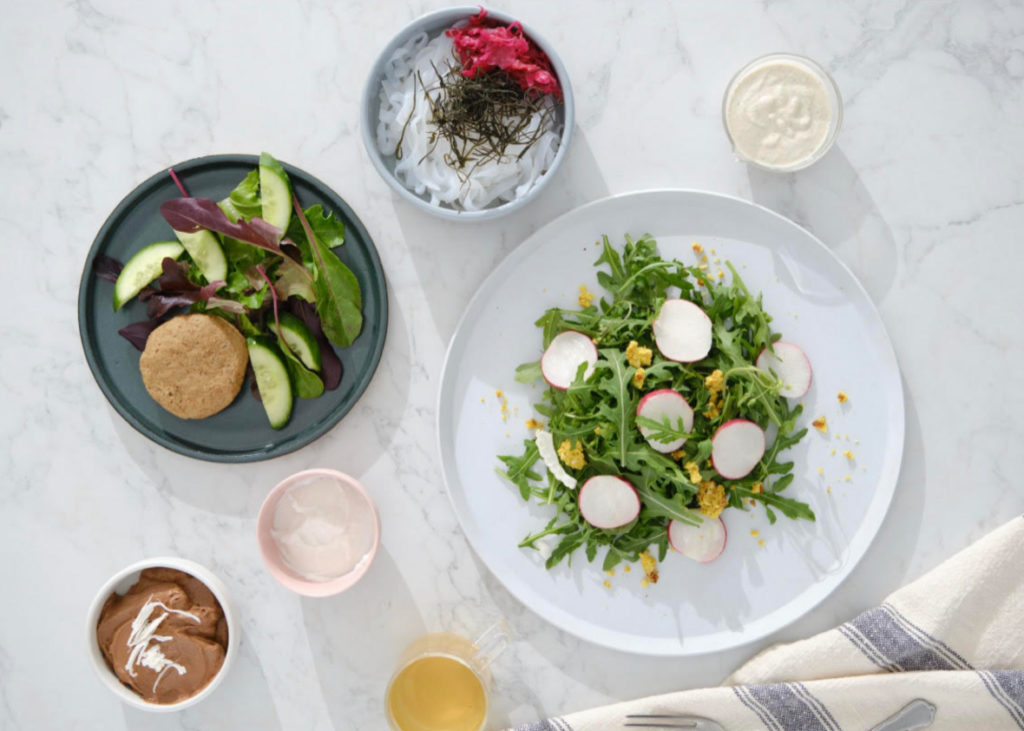
Kick-start, energise, rejuvenate
All carefully planned and prepared to help nourish, reset and rejuvenate the body and mind.
The postnatal period is a crucial time for women’s health. According to many traditions caring for the mother during the postpartum period is essential for her future health and can even resolve past health issues. In contrast, inadequate rest and care can lead to a myriad of problems for women, which affects not only them but also their families. Appropriate care during the postpartum period helps women build a solid foundation for motherhood, preserve and enhance their reproductive health for future children, and have an easier experience during menopause and ageing.
In Japan, traditionally new mothers stay at their maternal home for up to eight weeks after the baby is born. They are encouraged to rest and heal as much as possible and learn to take up a new role as a mother. Zou Yuezhi, which translates to “doing the month,” is a 40-day rest and recovery time in postnatal Chinese culture.
As a new mother, your most important role is to provide nurturing care for your baby. It’s understandable to want to do everything perfectly, but it’s important to remember to be patient with yourself. Motherhood is a journey that requires a great deal of surrendering control. By letting go of your expectations and giving yourself permission to make mistakes, you gain the strength and calm needed to navigate the challenges that come with caring for a newborn. It’s important to remind yourself that there’s no rush to “bounce back” from childbirth in just a few weeks. Putting too much pressure on yourself can do more harm than good. Instead, focus on taking the time you need to recover, bond with your baby, and adjust to your new role. Remember, taking care of yourself is just as important as taking care of your baby and your family.
Women were considered very vulnerable during this period and were protected from undesirable energies, including emotions, and elemental energetics such as wind and cold, by rest and isolation from the community and is advised not to read or watch television, to avoid mental activities that use qi, and to conserve qi.
Childbirth and childbearing are the activities that consume the greatest amount of Jing. Many foods and herbs can replenish the lost jing, which is crucial for good health.
Nourish your body with wholesome, nutrient-dense foods. Frequent, small meals are recommended to support digestion and maintain energy throughout the day and night. Iron-rich foods are especially important to replace blood loss during birth and enhance Jing, such as dark green vegetables, lentils, beans, and organic animal protein, bone broth-based soups if you are not plant-based. Special mention is given to ginger, black sesame, black vinegar, and which are known for their nourishing properties in the postpartum period.
Low milk supply is one of the most common challenges that nursing mothers face, and it can be a very stressful experience.
Chinese Medicine regards breast milk as a surplus of both energy (qi) and blood. According to Fu Qingzhu, a renowned gynecologist from the Qing dynasty, ‘It should be understood that without qi, milk has nothing to transform it, and without blood, milk has nothing from which to be produced.’
It is important to note that while herbs can have many beneficial properties, they can also have potential risks and side effects especially when you are breastfeeding. It is strongly recommended that you consult with your own physician or healthcare provider before taking any herbs mentioned here. They can help you determine if an herb is safe and appropriate for you to take, and can also provide guidance on proper dosages and potential risks.

Astragalus: Astragalus can help to support the body during the postpartum period by improving immune function and reducing inflammation. As a powerful Qi herb Astragalus can help to increase milk production by improving circulation and nourishing the blood, which are important factors in milk production. Additionally, astragalus is believed to have a calming effect on the nervous system, which can help to reduce stress and anxiety and promote a healthy milk supply.
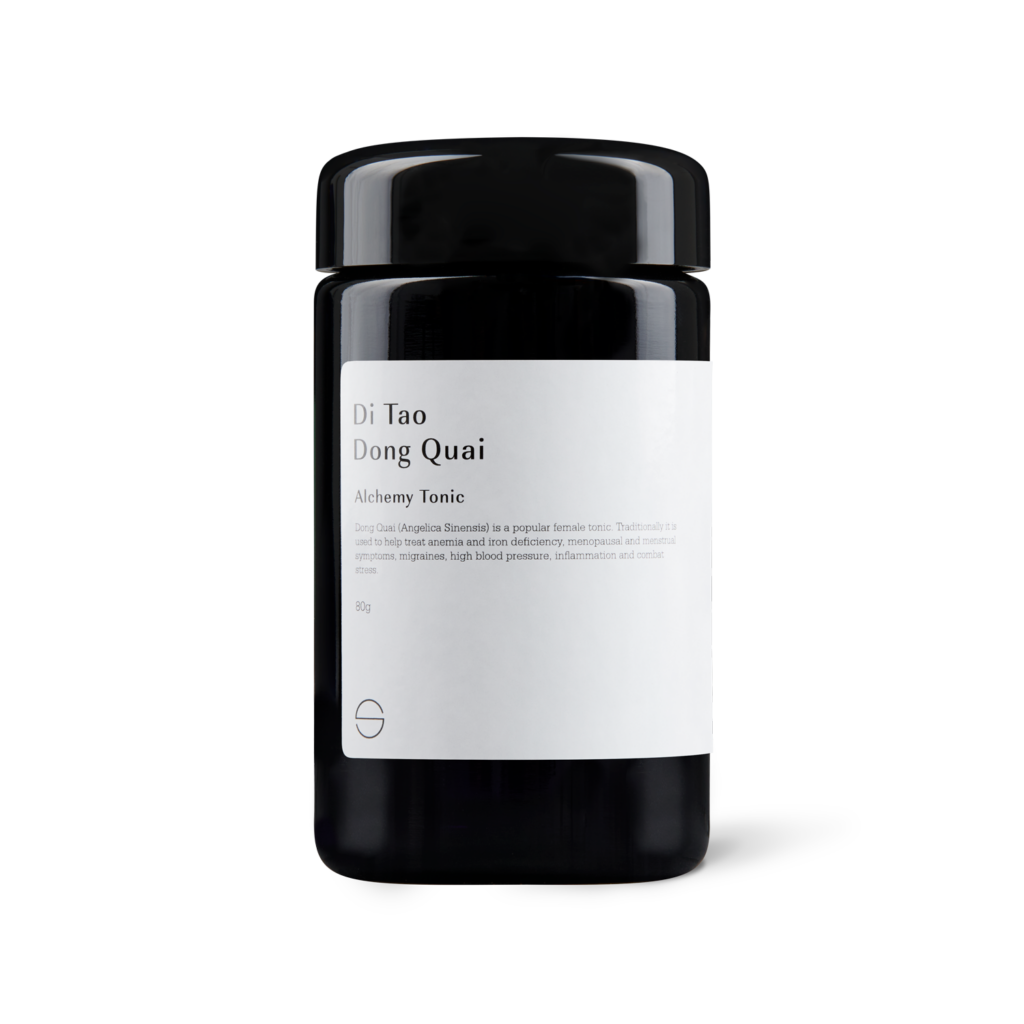
Dong Quai: One of the key benefits of dong quai for postpartum care is its ability to support healthy blood flow and circulation. This is particularly important during the postpartum period when a woman’s body is recovering from the significant blood loss that occurs during childbirth. Dong quai can help replenish blood and improve circulation, which can promote healing and enhance energy levels.
Dong quai has also been shown to have anti-inflammatory and immune-modulating properties. This can help support overall health and wellbeing during the postpartum period, when a woman’s body may be more vulnerable to infections and inflammation.
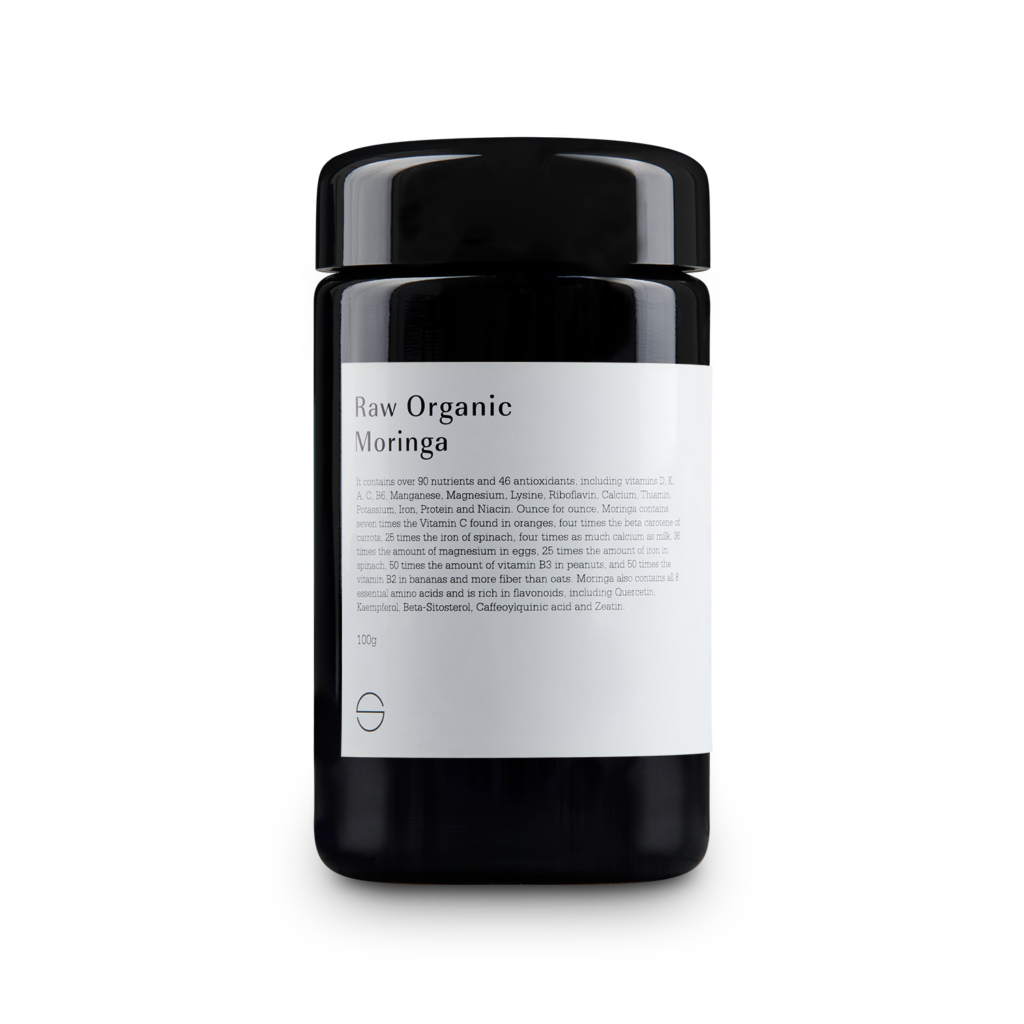
Moringa: Moringa leaves are a rich source of nutrients, including vitamins A, B, C, and E, calcium, iron, and protein. These nutrients are essential for the mother’s health, as well as the growth and development of the baby.
Studies have shown that moringa can help to increase breast milk production in lactating women. This is likely due to the presence of compounds in the leaves that stimulate the production of prolactin, a hormone that is responsible for milk production in the body. Moringa is also believed to have galactagogue properties, which means it can increase the flow of milk in the mammary glands.
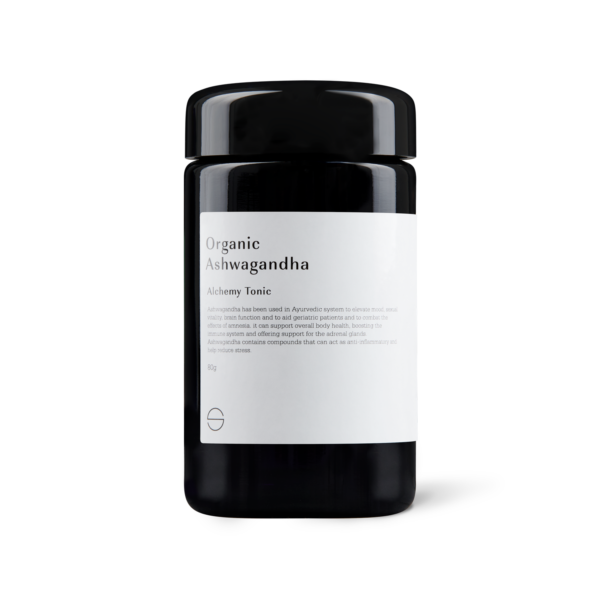
Ashwagandha: Ashwagandha has been found to support healthy hormone levels. As a powerful ayurveda adaptogen, it can reduce stress and anxiety, and improve sleep quality, all of which can be beneficial for postpartum recovery. In addition, ashwagandha may have potential benefits for breastfeeding mothers by significantly increasing in milk production.
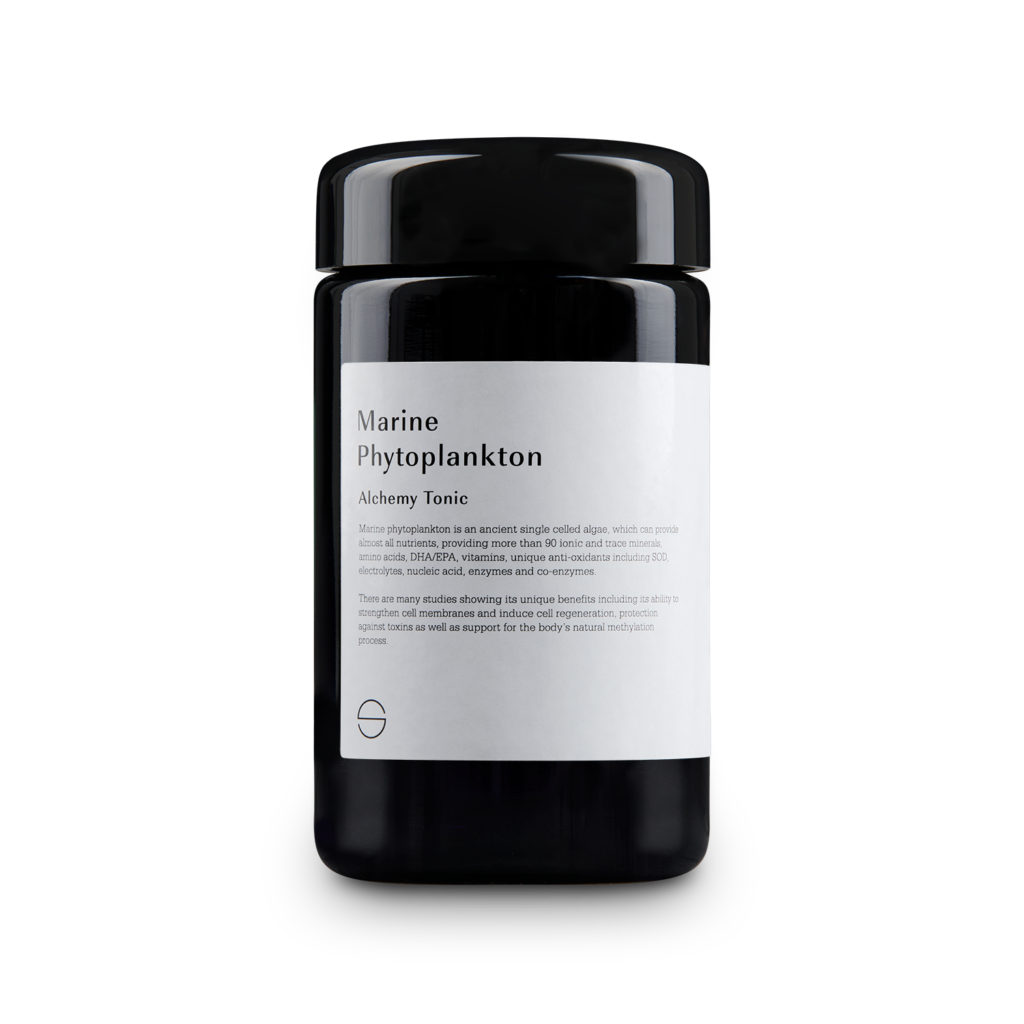
Marine phytoplankton: Marine phytoplankton is a type of microalgae that contains a high concentration of nutrients contains a variety of other nutrients that can support postpartum recovery, including amino acids, magnesium, potassium, calcium, and iron. These minerals are important for bone health, muscle function, and energy production, all of which are crucial for new mothers who are recovering from childbirth and caring for a newborn.
It is an excellent source of omega-3 fatty acids, which are essential for brain development and growth in infants. Breast milk is naturally rich in omega-3 fatty acids, and consuming marine phytoplankton can increase the amount of omega-3s in breast milk, improving the quality and quantity of milk for the baby.
In addition to its omega-3 content, marine phytoplankton is also rich in antioxidants, which can help reduce inflammation and promote healing after childbirth.
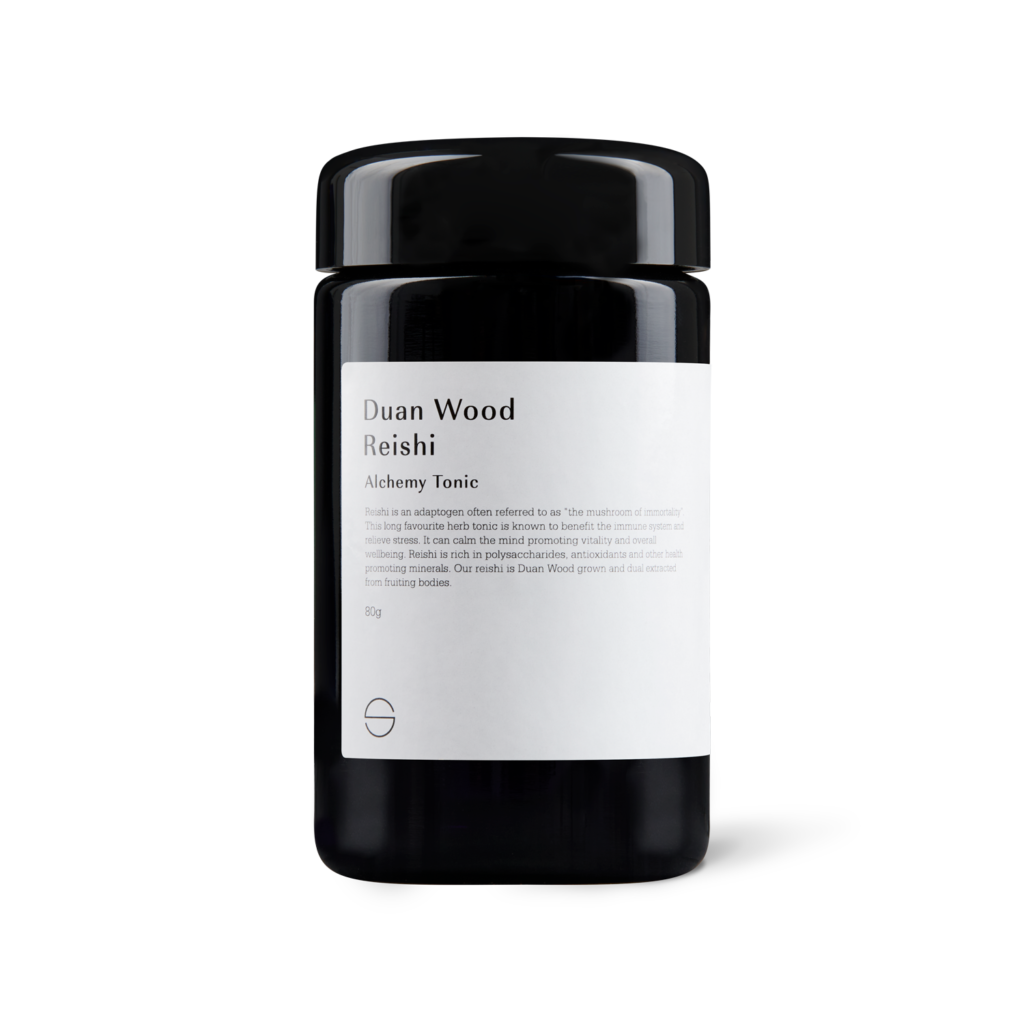
Reishi: Reishi can help boost the immune system and reduce inflammation, helping the body to heal and recover more quickly. It also contains compounds that have a calming effect, which can be helpful for mothers who may be experiencing anxiety or difficulty sleeping due to the demands of caring for a newborn. Reishi may be able to help improve mood and reduce symptoms of depression and anxiety, allowing mothers to better cope with the emotional challenges of new motherhood.
Many tonic herbalists talk about “REISHI babies”. Many pregnant women in Asia seek Reishi mushrooms as an immune builder for themselves and their growing babies and these Reishi babies are born like little Buddhas; super peaceful, zen and alert.
Reishi spores contain all the benefits of Reishi plus the ability to nourish your Jing health

A clean, effective way to care for your teeth, without

In the world of tonic herbs and medicinal mushrooms, there’s

As the days grow shorter and the air becomes crisp,
Copyright Shoku Iku © 2024 | All Rights Reserved.
The statements on this website have not been evaluated by the TGA or FDA. These products are not intended to diagnose, treat, cure or prevent any disease.
Sign up to receive your discount.